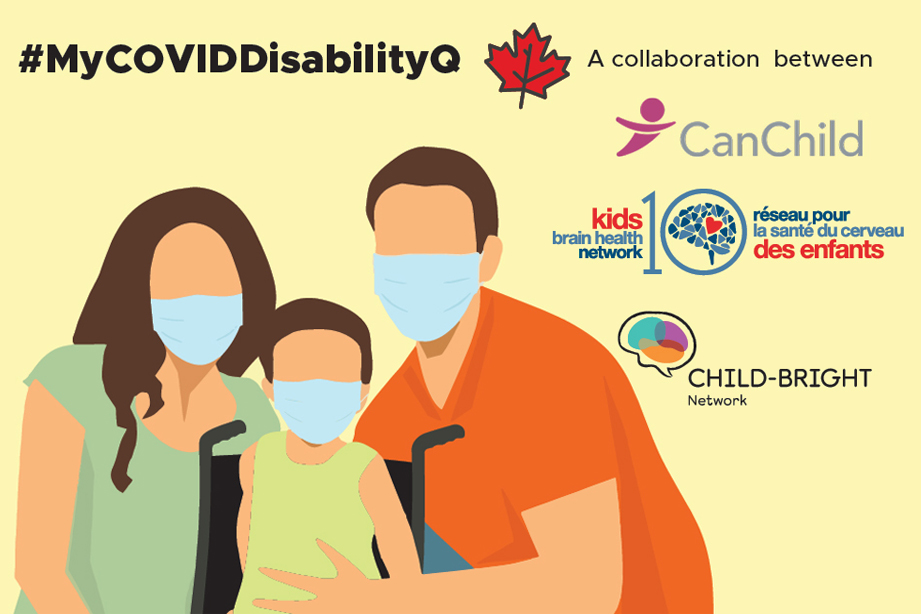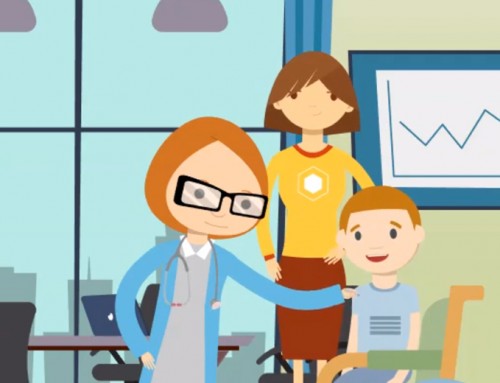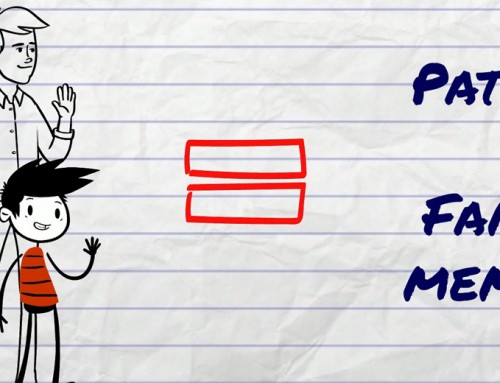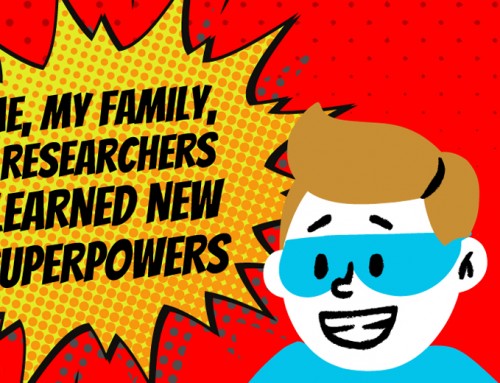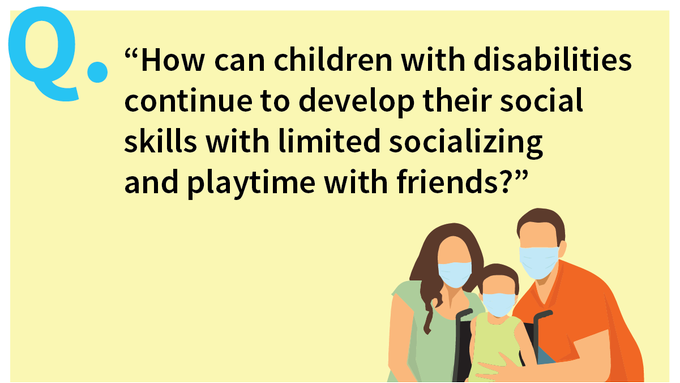
David Nicholas, Professor @UCalgary and researcher @KidsBrainHealth:
It is essential to recognize how severe the disruptions have been for so many children. Try scheduling regular times for your child to enjoy a video call with a friend or relative. After the virtual chat, check with your child about what they enjoyed, what was difficult, and what could be different in future interactions. Also, there may be online social groups and programs in your community that might help in fostering social skills and connections. Importantly, be cautious and ensure that your child is safe in their internet use. Be aware of what your child is doing online, and with whom and how they’re engaging. Talking about ways to engage online safely is very important.
Some resources can be found, with many of them online. As an example, the @Geneva_Centre: PEERS Online Social Skills Group/Program lists a free program funded by the @ONTrillium, which meets weekly online.
The group provides adolescents with the opportunity to learn skills to nurture meaningful friendships while staying connected and engaged with their peers. For questions or registration, e-mail groupservices@autism.net or visit mailchi.mp/fdaf59ab408f/.
At home, there could be opportunities to work on social skills with family members. The following types of examples of activity may help build social skills. As a family, engage in activities that include members of the family (e.g., board games, puzzles) working collaboratively together to achieve a shared goal. Team building games that would usually involve greater numbers can be modified to work with family members.
The @WeAreTeachers website has several team-building games that you could try with family members. If any are particularly enjoyable, you may want to remember them, so you can try them with others when social distancing is no longer required: https://www.weareteachers.com/team-building-games-and-activities/.
Even family chores or activities can provide opportunities to focus on social skills. Take baking cookies, for example. You could assign different roles (e.g., recipe reader, measurement master, ingredient retriever). These roles can build a greater understanding of different social roles, like the ability to lead a group and follow others’ directions.


